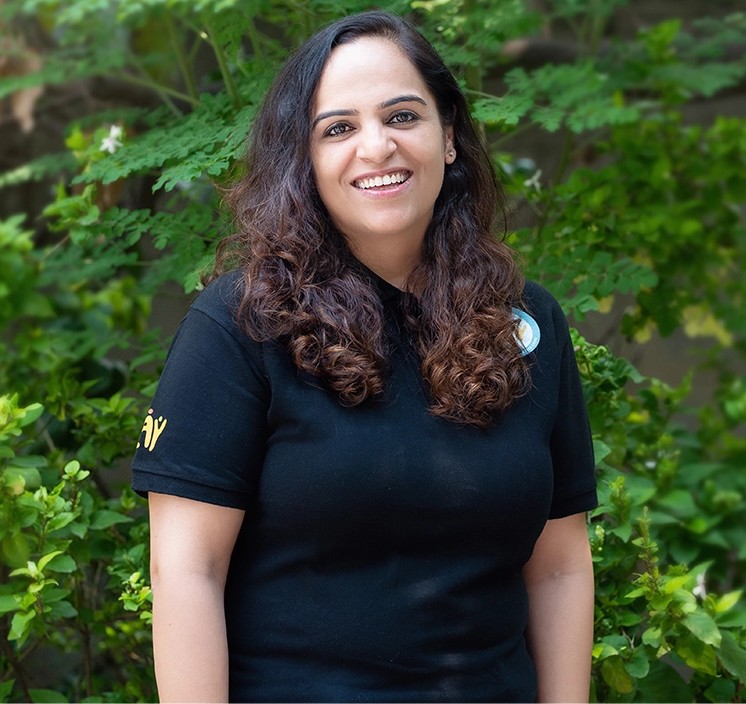By: Arshleen Kaur Kalra- Head of Academics at KLAY
Early Years: Laying the Groundwork of Curiosity
In preschool classrooms, children explore, question, and learn through hands-on experiences—whether it is building with blocks, experimenting with water, or observing nature. These activities may appear playful, but they are the foundation of learning. In the early years, pedagogy is designed to nurture curiosity. When children are encouraged to ask, discover, and test their ideas, they naturally develop critical thinking, problem-solving, and collaboration skills.
India’s National Education Policy (NEP) 2020 emphasizes this approach, calling for “experiential learning, inquiry-based learning, and discovery-oriented teaching” across all school stages, not only the foundational years (NEP 2020, Ministry of Education, Government of India). The message is clear: the way young children learn best should not stop once they turn eight. Instead, the same spirit of curiosity and inquiry must continue through the entire school journey.
The Challenge of Transition
The real challenge arises when children move from preschool to a mainstream K-12 school. The shift from upper KG to Grade 1 is not just a physical move but often a complete change in the learning environment.
Children who are used to exploring and learning through activities and play suddenly find themselves in classrooms where teaching is largely teacher-led, content heavy, and dependent on rote learning. While some schools attempt to continue with experiential methods, the pressure of examinations and rigid curricula often push them back toward traditional practices.
For many children, this abrupt change can be unsettling. Learning, which once felt like discovery, begins to feel like memorization.
Why Experience Still Matters in Primary Years
The need for inquiry-based methods does not end with preschool—it grows stronger as children encounter more abstract subjects. Numbers, grammar rules, and scientific concepts become complex, and without context, they can feel meaningless.
For example, memorizing multiplication tables without applying them in real-world contexts limits understanding. Similarly, learning the water cycle by rote does not connect with the puddles and rainfall children see outside. Projects, group work, and hands-on experiments bring these abstractions to life, helping children build stronger and more lasting understanding.
Recent evidence supports this. A 2024 meta-analysis of 20 studies involving over 1,300 students found that inquiry-based teaching significantly improves higher-order thinking skills across age groups, including middle and high school (Rahman et al., Journal of Inquiry-Based Learning, ERIC, 2024). This reinforces that inquiry is imperative across all age groups, not just the early years.
A Global Lens
The need to nurture curiosity is not only an Indian concern—it is global. The World Economic Forum’s Education 4.0 framework (2023) highlights that future-ready education must prioritize skills such as creativity, problem-solving, collaboration, and adaptability (World Economic Forum, Defining Education 4.0: A Taxonomy for the Future of Learning, 2023). These skills cannot be developed through rote instruction alone. They thrive when children are encouraged to question, explore, and work on meaningful projects.
This global perspective reinforces what NEP 2020 already envisions: that the role of schools is not only to deliver knowledge but to prepare children for a rapidly changing world where curiosity and adaptability matter as much as content mastery.
If inquiry is the right approach for a four-year-old, it remains the right approach for a ten- or a fifteen-year-old. We must stop seeing education in compartments and instead treat curiosity as a continuum. To make this shift, schools need to:
Embed inquiry across subjects.
Maths, science, languages, and even social sciences can be taught through projects, experiments, and real-world problem-solving.
Balance teacher and student voices.
Teachers guide and scaffold, but students must be encouraged to ask questions, share ideas, and present their thinking.
Encourage group and project work.
Collaboration prepares children for life beyond academics—developing teamwork, negotiation, and empathy.
Rethink assessments.
When we only test recall, we teach for recall. Incorporating project evaluations, portfolios, and application-based tasks signals that inquiry matters.
Support teachers.
Professional development should focus on building teachers’ confidence in facilitating inquiry and experiential lessons.
Why This Shift Matters
If schools remain focused only on technical instruction, we risk raising children who can reproduce knowledge but cannot apply it. In contrast, inquiry builds agency, confidence, and resilience—qualities that will help children thrive in uncertain futures.
Machines will always calculate faster and store more data. But curiosity, imagination, and the ability to connect ideas across fields are uniquely human. These are the skills that will define success in the 21st century.
Conclusion
From my experience leading academics in the early years, I see daily how powerful inquiry-based learning can be. When children are given space to explore and discover, joy and retention come naturally.
The research, the NEP, and global frameworks all point in the same direction: inquiry and experiential learning should not end at the preschool gate. They must continue across the K-12 journey if we are serious about preparing our children for life, not just exams.
The question is not whether children should learn through inquiry. The question is: can we afford not to?



